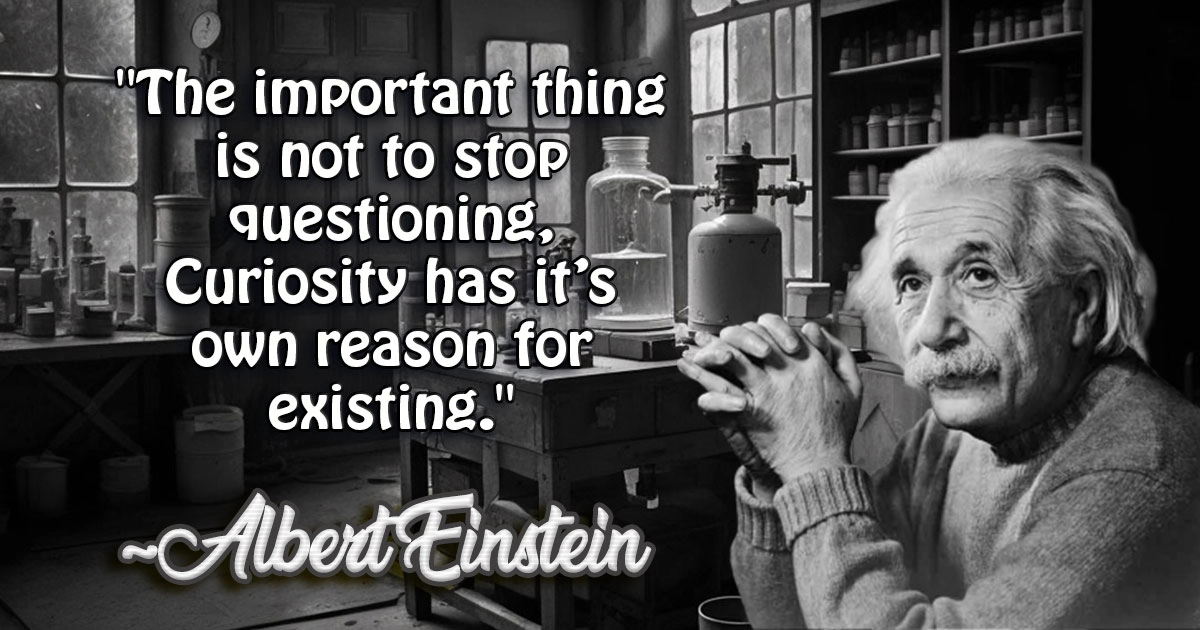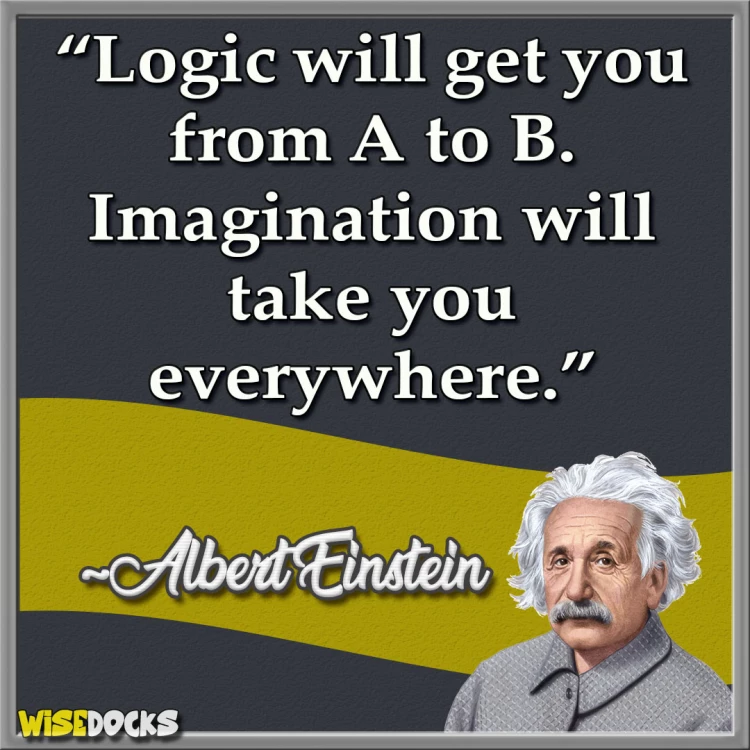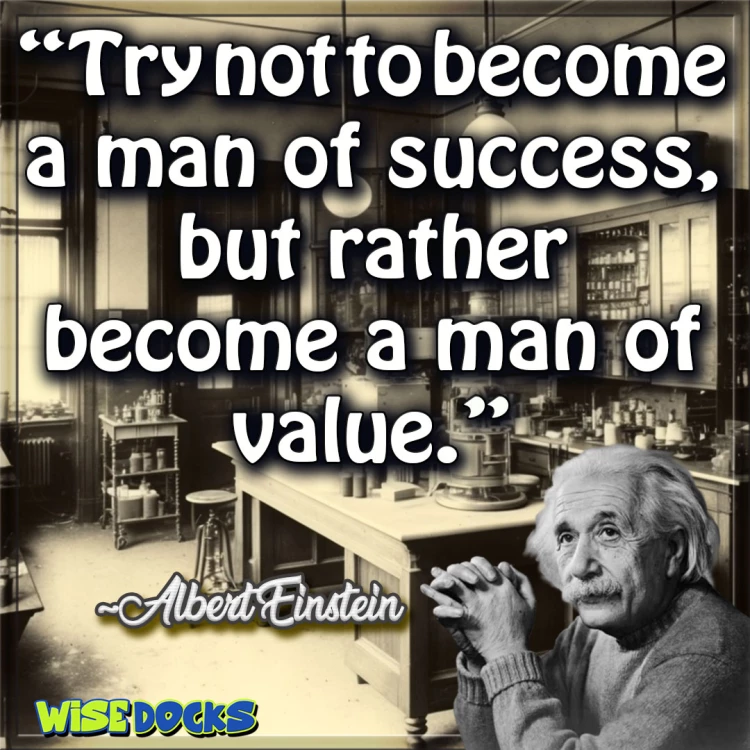Albert Einstein: The Revolutionary Genius

Albert Einstein, one of the most influential scientists in history, revolutionized our understanding of the universe. Born on March 14, 1879, in Ulm, Germany, Einstein's work in theoretical physics, particularly his development of the theory of relativity, profoundly impacted the scientific community and the world at large. This article delves into his early life, academic career, major contributions, and lasting legacy.

Early Life and Education
Einstein was born into a middle-class Jewish family. His father, Hermann Einstein, was an engineer and salesman, while his mother, Pauline Koch, managed the household. Despite common myths, Einstein was not a slow learner. He showed an early interest in science and mathematics, and his intellectual curiosity was evident from a young age. By the age of 12, he had taught himself algebra and Euclidean geometry.
In 1889, a family friend, Max Talmud, introduced young Einstein to key scientific and philosophical texts, further fueling his interest in science. Despite his keen intellect, Einstein's rebellious nature and aversion to authoritarian teaching methods led to friction with his teachers.

In 1896, Einstein enrolled in the Swiss Federal Polytechnic School in Zurich (later known as ETH Zurich), intending to study electrical engineering. He often skipped classes, preferring to study independently. Despite his unconventional approach to education, he graduated in 1900 with a degree in physics.
Early Career and the Miracle Year
After graduating, Einstein struggled to find a teaching position and eventually took a job at the Swiss Patent Office in Bern. This seemingly mundane job provided him with ample time to think and develop his theories. In 1905, often referred to as his "Annus Mirabilis" or "Miracle Year," Einstein published four groundbreaking papers in the "Annalen der Physik," a leading German scientific journal. These papers would forever change the landscape of physics.

-
Photoelectric Effect: In his first paper, Einstein proposed that light could be thought of as particles, or "quanta," rather than continuous waves. This work laid the foundation for quantum theory and earned him the Nobel Prize in Physics in 1921.
-
Brownian Motion: In his second paper, Einstein provided a theoretical explanation for the random movement of particles suspended in a fluid, providing empirical evidence for the existence of atoms and molecules.
-
Special Theory of Relativity: Einstein’s third paper introduced the special theory of relativity, fundamentally altering our understanding of space and time. He demonstrated that the laws of physics are the same for all non-accelerating observers and that the speed of light in a vacuum is constant, regardless of the observer's motion.
-
Mass-Energy Equivalence: In his fourth paper, Einstein derived the famous equation E=mc², establishing that mass and energy are interchangeable. This equation later played a crucial role in the development of nuclear energy.
Academic Career and the General Theory of Relativity

Einstein’s groundbreaking work gained him recognition in the academic world, and in 1908, he began lecturing at the University of Bern. Over the next few years, he held various academic positions, including at the University of Zurich, the Charles University in Prague, and the Swiss Federal Polytechnic School.
In 1915, Einstein presented his general theory of relativity to the Prussian Academy of Sciences. This theory extended the principles of special relativity to include gravity, proposing that massive objects cause a distortion in space-time, which is felt as gravity. The theory was confirmed in 1919 when British astronomer Sir Arthur Eddington observed the bending of starlight during a solar eclipse, matching Einstein's predictions. This catapulted Einstein to international fame.

Relocation to the United States
With the rise of the Nazi regime in Germany, Einstein, who was Jewish and a pacifist, found himself increasingly at risk. In 1933, he accepted a position at the Institute for Advanced Study in Princeton, New Jersey, and emigrated to the United States. He never returned to Germany.
During his time in the U.S., Einstein became a prominent public figure, using his influence to advocate for various causes, including civil rights, Zionism, and nuclear disarmament. He was instrumental in the establishment of the Hebrew University of Jerusalem and the creation of the International Rescue Committee.
Contributions to Quantum Theory and the Manhattan Project

While Einstein is best known for his work on relativity, he also made significant contributions to quantum mechanics. Despite his foundational work on the photoelectric effect, Einstein had reservations about the implications of quantum mechanics, famously saying, "God does not play dice with the universe." He engaged in intellectual debates with other leading physicists, such as Niels Bohr, about the nature of reality and determinism.
Einstein’s work indirectly contributed to the development of atomic weapons. In 1939, he signed a letter to President Franklin D. Roosevelt, warning of the potential for Nazi Germany to develop an atomic bomb and urging the U.S. to initiate its own research. This letter led to the establishment of the Manhattan Project. However, Einstein was not directly involved in the project, and he later expressed regret about the use of nuclear weapons.

Later Years and Legacy
In his later years, Einstein focused on finding a unified field theory, an attempt to reconcile general relativity with quantum mechanics. Although he never succeeded, his efforts laid the groundwork for future research in theoretical physics.
Einstein’s contributions extended beyond his scientific achievements. He was a vocal advocate for civil liberties, international cooperation, and peace. His humanitarian efforts earned him widespread respect and admiration.

Albert Einstein passed away on April 18, 1955, in Princeton, New Jersey. His legacy, however, continues to inspire scientists, thinkers, and the general public. His name has become synonymous with genius, and his theories remain central to our understanding of the universe.
Inspirational Quotes by Einstein

Einstein's wisdom transcends the realm of science, offering insights into life, creativity, and human nature. Here are some of his most inspiring quotes:
- "Imagination is more important than knowledge. For knowledge is limited, whereas imagination embraces the entire world."
- "Life is like riding a bicycle. To keep your balance, you must keep moving."
- "The important thing is not to stop questioning. Curiosity has its own reason for existing."
- "Try not to become a man of success, but rather try to become a man of value."
- "Peace cannot be kept by force; it can only be achieved by understanding."

Albert Einstein's journey from a curious child in Germany to a revolutionary scientist in the United States is a testament to the power of curiosity, perseverance, and intellectual bravery. His theories have reshaped our understanding of the universe, and his advocacy for peace and human rights continues to resonate. Einstein's life and work remind us of the profound impact that one individual's ideas can have on the world.




